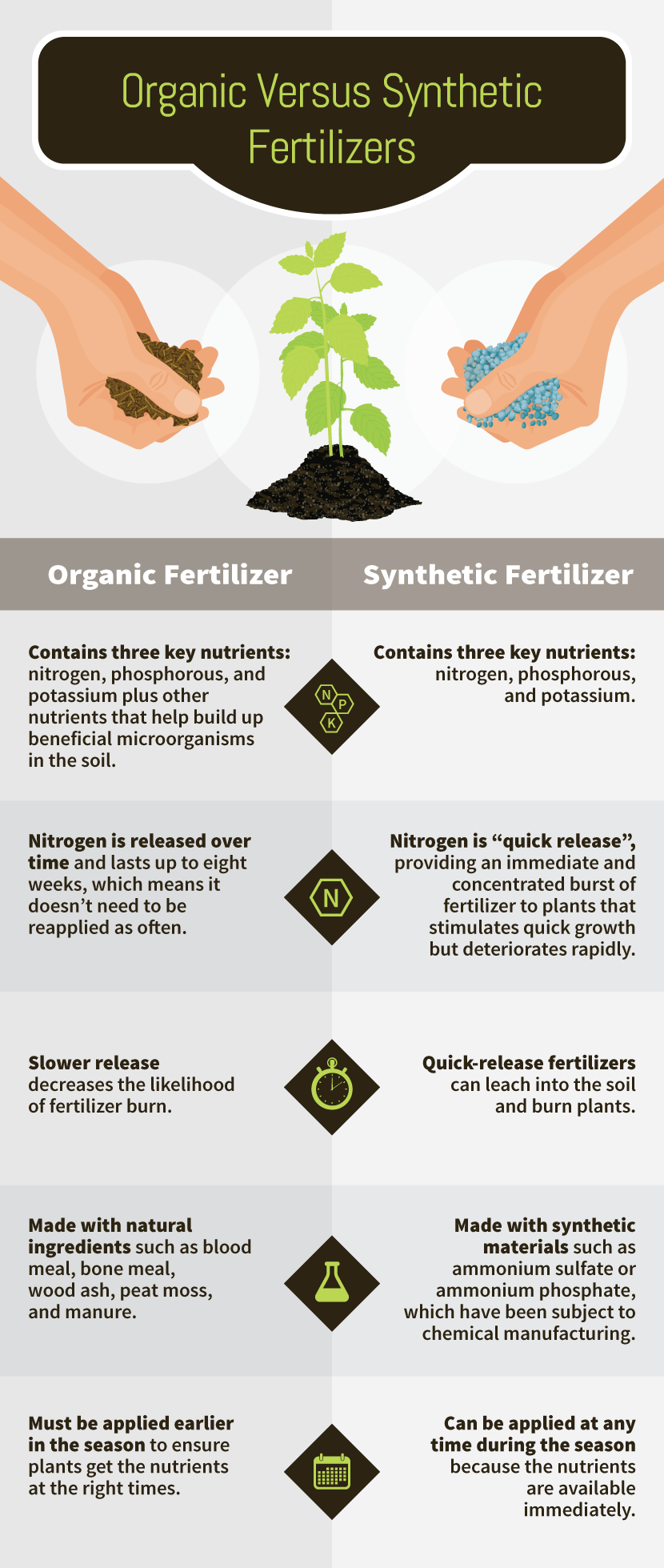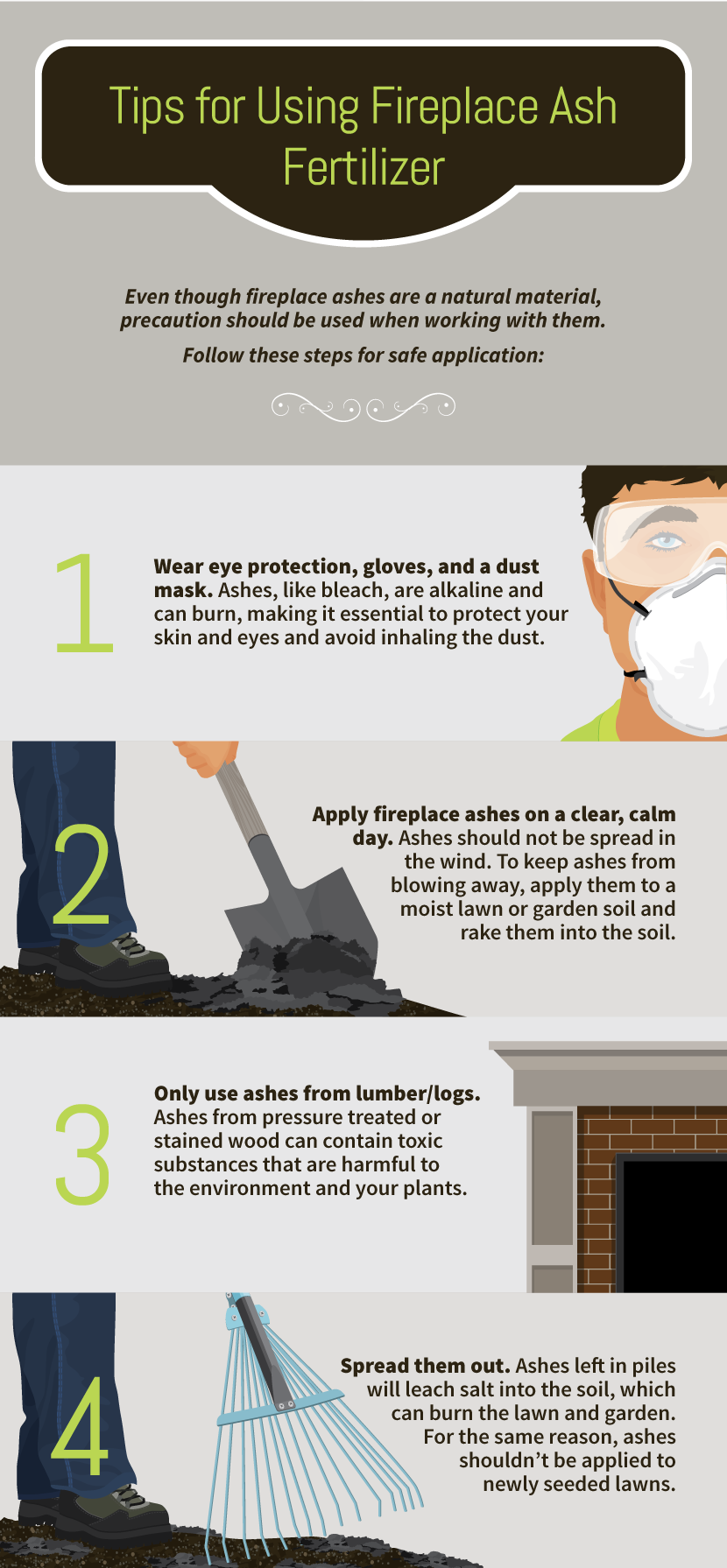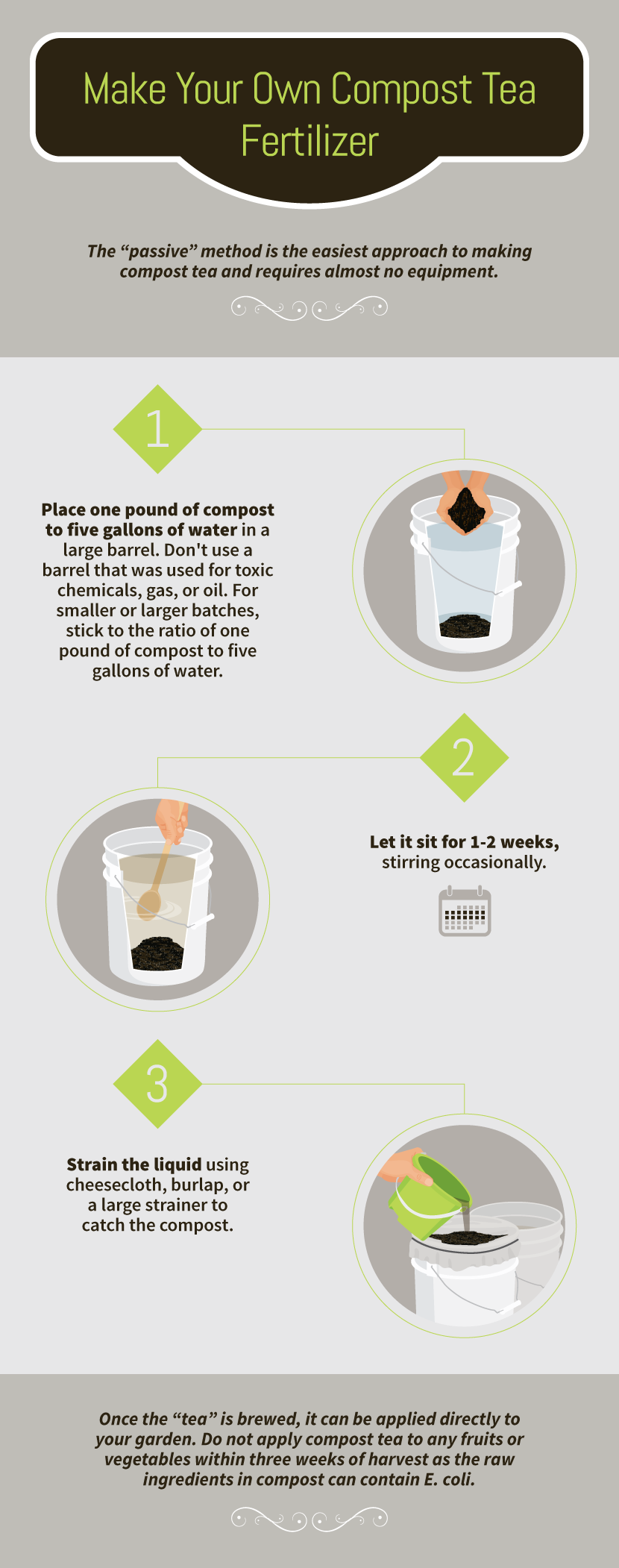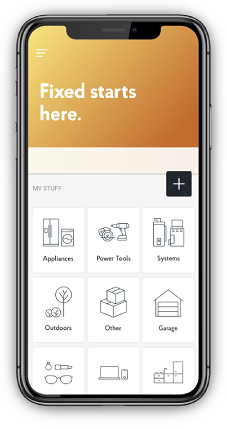Cut the Crap: Making Your Own Environmentally Friendly Garden Fertilizers Is Easier Than You Think
Stand in the fertilizer aisle at a garden center or home-improvement store and you’ll see countless colorful bags of fertilizer promising healthier plants, bigger blooms, and more abundant fruits and vegetables. Most of these fertilizers are made with chemicals that can have negative impacts on the environment.
Research shows that the use of chemical fertilizers, also known as synthetic fertilizers, depletes the nutrients in the soil and causes heavy metal accumulation, air pollution, and chemical runoff into waterways. In contrast, organic fertilizers have a positive impact on the environment by feeding the soil and your plants.
You can buy natural, nontoxic fertilizer – but be warned, national labeling standards can make it difficult to tell the difference between organic fertilizers and their synthetic counterparts, so remember to read the list of ingredients before buying a bag. It’s also possible to make DIY fertilizers that are good for plants, as well as the planet.
To be effective, all fertilizers contain the same three nutrients: nitrogen, phosphorous, and potassium. The three numbers on a fertilizer bag, such as 21-7-7 or 10-10-10, represent the balance of these nutrients in the fertilizer.
In organic fertilizers, these nutrients are derived from natural sources – such as fish meal, blood meal, alfalfa meal, or cottonseed meal for nitrogen; bone meal or rock phosphate for phosphorous; and kelp meal, granite meal, or greensand for potassium.

Many natural fertilizers are a “green” choice, too. Consider making fertilizers from recycled products, such as aquarium water, fireplace ash, and compost.
Aquarium water: The next time you clean the aquarium, don’t dump the water down the drain. Over time, nitrogen, phosphorous, potassium, ammonia and other beneficial microorganisms build up in aquarium water, and though these nutrients might not be great for your fish, they are perfect for your plants.
While in most cases it’s safe to use aquarium water to irrigate the garden, there are exceptions: do not use water from a saltwater tank as the salt can harm the plants. Your aquarium water should also go down the drain if it was treated with chemicals to adjust its pH.
Fireplace ashes: Believe it or not, the ashes left behind from a crackling fire are excellent sources of potassium and lime. The amount of nutrients in wood ash depends on the type of logs that were burned. In general, hardwood logs such as maple and oak contain higher concentrations of nutrients than softwood logs such as pine and fir. One cord of oak – a pile that measures four feet by eight feet – provides enough potassium for a 4,200-square-foot lawn or garden.
Ashes also contain salt, which can help control pests like snails and slugs. Sprinkle it around the bases of plants the pests are munching and the creepy crawlies should steer clear.
You can add fireplace ashes directly to the garden but beware of using too much. The lye and salt produced by wood ash when wet can, in high concentrations, burn your plants. To avoid the risk, add wood ash to the compost pile instead, and let it break down before using it as fertilizer.

Compost: There is something almost magical about tossing food scraps, newspapers, grass clippings, and other natural materials into a bin and watching them turn into compost that can be mixed into the garden as a nutrient-rich natural fertilizer. Compost is a great soil amendment that improves soil structure and enhances nutrient content, which protects against plant diseases and helps the soil retain moisture (meaning your garden requires less water). Compost can be added directly to the garden and is suitable for plants ranging from fruits, vegetables, and herbs to flowers, bulbs, and bushes.
Compost tea is a different take on compost. It’s a mix of compost and water that is “brewed” to make a rich, liquid fertilizer. Like conventional compost, compost tea provides plants with natural beneficial bacteria and nutrients.

Making your own natural fertilizers is a safe and effective way to grow a lush, chemical-free garden.
Since there are multiple options for DIY natural fertilizers, you may want to experiment with different formulations in different areas of the garden. For example, you could try compost tea for acid-loving plants, fireplace ashes for plants that prefer more alkaline soil, and recycled aquarium water for fruits, vegetables, herbs, and even houseplants.
You can switch things up further, using different natural fertilizers at different times of the year. Ashes may be more abundant in the spring after an entire winter of fires, and your compost might not be ready until the end of summer when the heat has worked its magic to transform waste into nutrient-rich soil.
Experiment with different kinds of natural fertilizers to see how DIY recipes provide the best results in your garden.
Depending on the type of natural fertilizer you choose, the “green” approach to gardening can also help you reduce waste and reuse or recycle natural materials, making DIY fertilizers both inexpensive and environmentally friendly.
Embed the article on your site

























































